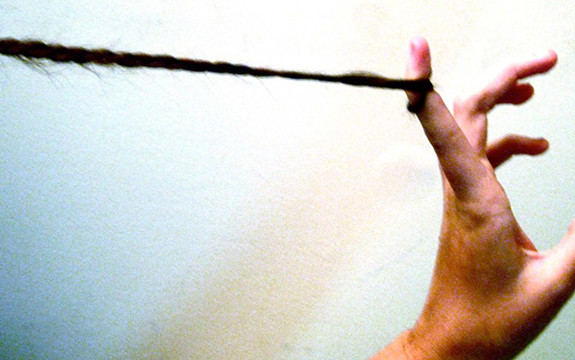New research on treating trichotillomania

In Summary
Social support and relationship building may be more important in treating trichotillomania, a hair-pulling disorder, than previously thought.
A review of literature looking at psychological and pharmacological treatments for trichotillomania (TTM) has been published today in the journal, Clinical Psychologist.
It suggests that social support and other generic factors in psychological treatment play an important role in treating symptoms.
Lead researcher, Reneta Slikboer, from Swinburne University of Technology said there was a lack of understanding regarding interventions for trichotillomania (TTM), which has contributed to poor outcomes for the disorder.
TTM is a psychological disorder where individuals repeatedly and compulsively pull out hairs from anywhere on their body. Symptoms last on average 22 years.
“We know that people with TTM experience a lot of distress in the form of anxiety, depression and embarrassment, but with very little research being carried out on this disorder, understanding how to treat it has been a challenge,” Ms Slikboer said.
The review looked at 12 studies with a combined total of 299 participants. The studies compared behaviourally based psychological and medication interventions with different control groups.
The review found that behaviour therapy, such as habit reversal treatment, was effective when compared to a passive control group (a group of participants on a wait list or with minimal attention).
However, when behaviour therapy was compared to an active control group (a group of participants who were given a placebo pill, or supportive, not symptom-specific intervention), both conditions showed similar effectiveness in treating TTM.
Of the medications reviewed, selective serotonin reuptake inhibitors (SSRI), a commonly prescribed medication, was not found to be the most effective in reducing TTM symptoms.
“There are a few medications which show promise for the treatment of TTM. However, these results need to be replicated,” said Ms Slikboer.
“Through my research and facilitating many support groups, I have learnt that people seeking treatment often spend years trying different medications, psychological treatments and seeing many different health care professionals.
“Given the average duration of symptoms lasting 22 years, people may be searching for help over many years. This research means they will need to experiment less with ineffective treatments.
“Many of the psychological treatments only reduce symptoms for about three months. The results of this study can guide the development of more effective and longer lasting therapies.”

